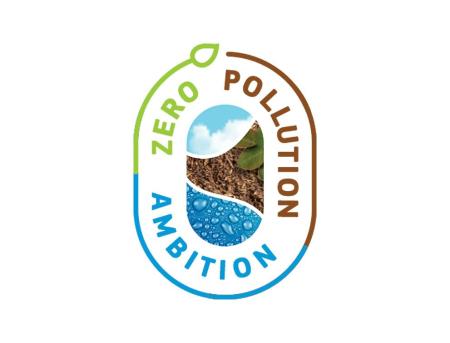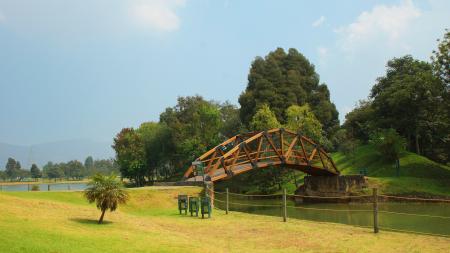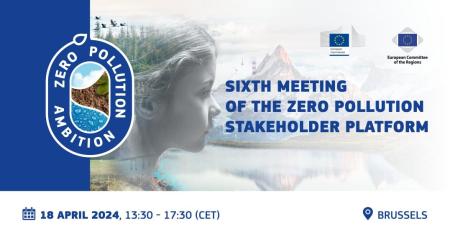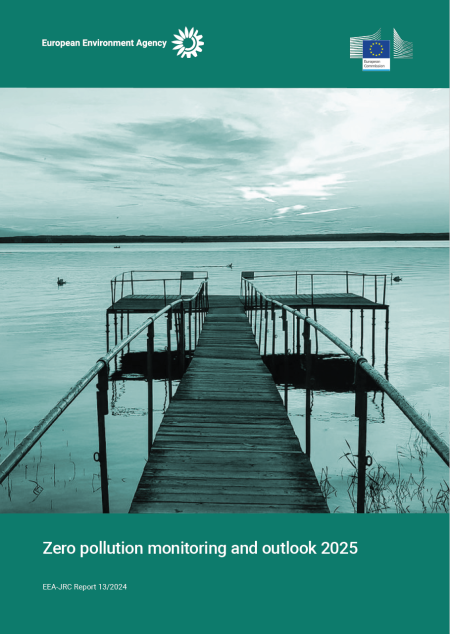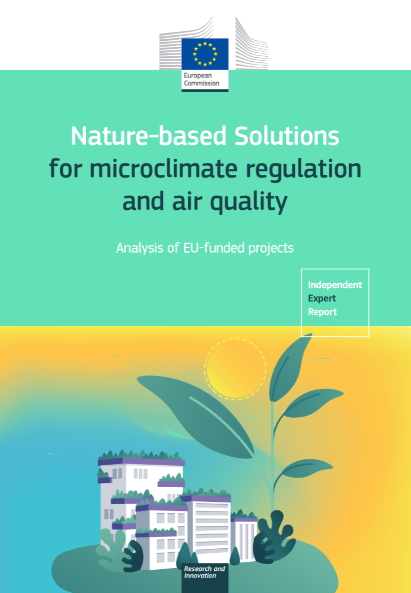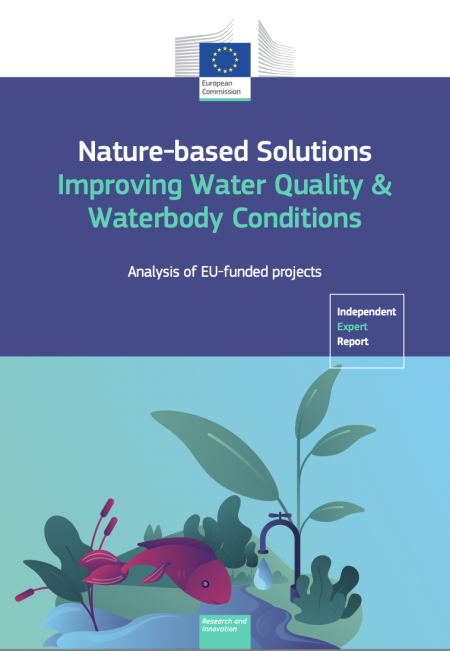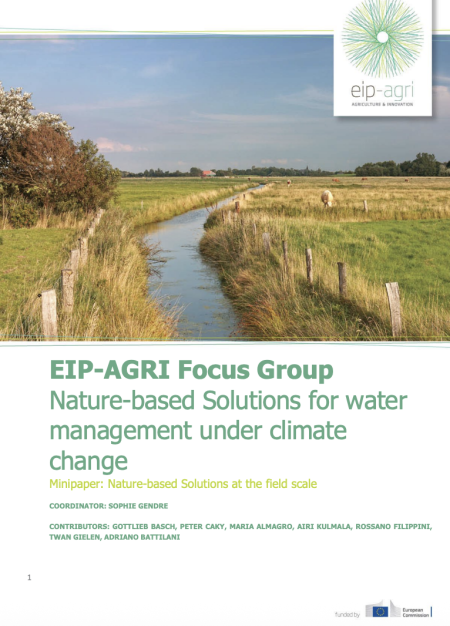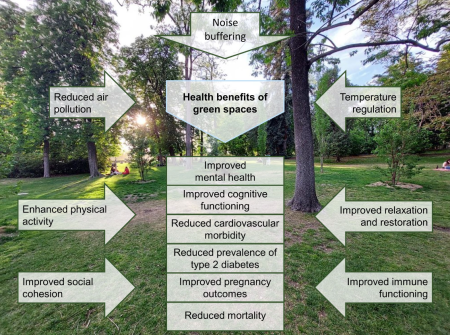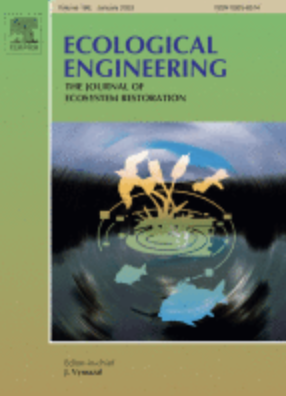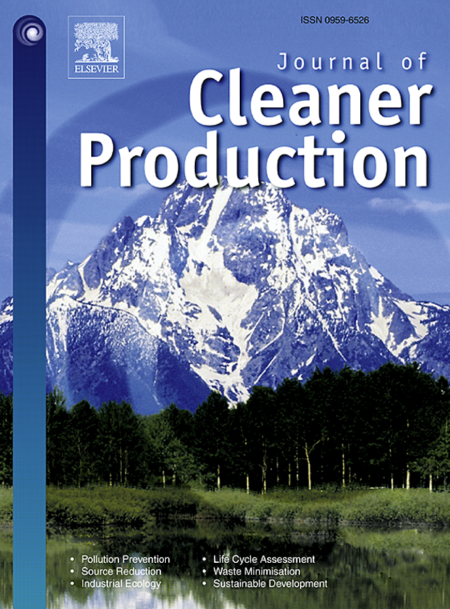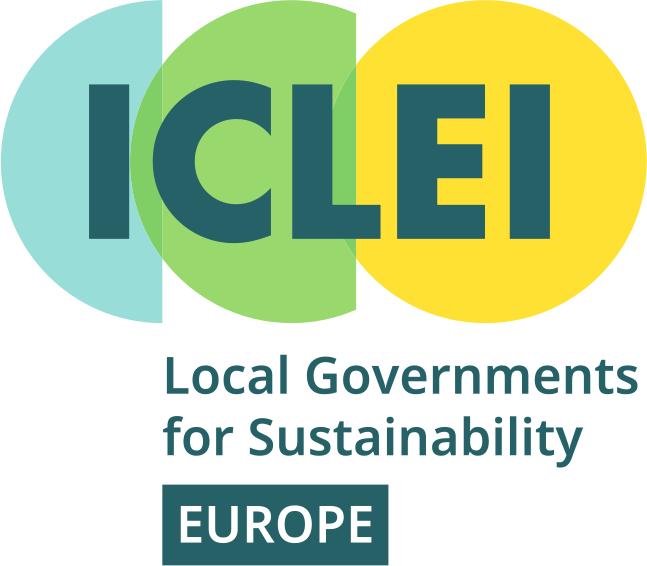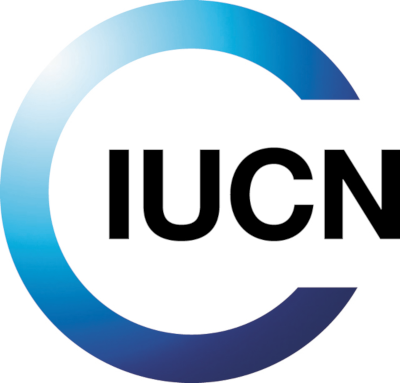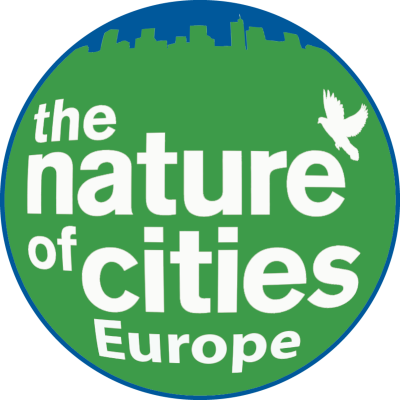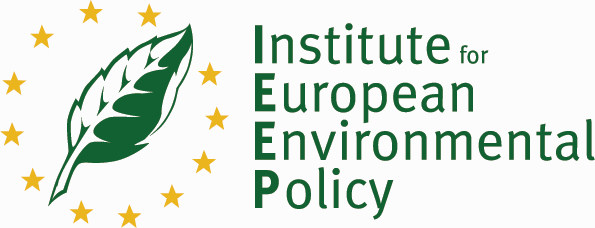Zero Pollution

Nature-based solutions can prevent, reduce, and remediate harmful emissions, waste, and contaminants and safeguard the environment and human health. This approach leverages nature's inherent resilience and efficiency to tackle pollution of our environment, whether it is in our cities, our farmed landscapes, our rivers, or our coasts and seas.
Nature-based solutions can prevent, reduce, and remediate pollution in many ways, and at the same time adapt cities to climate change or restore ecosystems and biodiversity in rivers, farmland, coasts and cities:
- Air: street tree planting, creating green spaces and green corridors along cold air flows, green building roofs and green facades and walls
- Water: Natural Water Retention Measures, riparian & buffer zones, bioswales, wetlands, beaver dams, flood water retention basins, Sustainable Urban Drainage Systems (SUDs), rain gardens in rural and urban areas
- Soil erosion: cover crops, earth bunds / swales / terraces with vegetation, grass strips and grassland, trees and hedges that catch and stop soil runoff
Soil remediation: using vegetation (trees or plants) and micro-organisms (bacteria and fungi), biological materials (such as biochar), and harnessing groundwater flows & renewable energies to clean contaminated land
- Noise: using vegetation to absorb noise – green facades, trees and hedges, green walls along roads and railways – or the sound masking effect of water in fountains and streams
The target audience for this topic are policy-makers, environmental organizations, businesses, researchers and the wider public interested in sustainable practices.
Zero pollution is an aim that addresses a wide range of sectors and actors in the EU:
- Agriculture is currently one of the main drivers of soil and water pollution - but also has a huge potential for retaining water and preventing flooding and water shortages downstream. Farmers can benefit through payments for ecosystem services schemes.
- Cities and urban areas are trying to improve water quality whilst dealing with increasing flooding and intense rain or increasing water scarcity.
- The water sector is being asked to meet increasingly demanding targets for water quality and waste water treatment whilst increasing water reuse and recycling nutrients.
- Industry and businesses are investing in nature-based solutions to reduce their pollution and emissions, and creating new markets in NbS for zero pollution.
Familiarise yourself with EU policy instruments for zero pollution:
- Nitrates Directive
- Water Framework Directive
- Urban Waste Water Treatment Directive
- Ambient Air Quality Directive
- EU Soil Strategy and proposed EU Soil Monitoring Law
- Zero Pollution Action Plan to 2030
Read about how these EU policy instruments are supporting NbS in:

